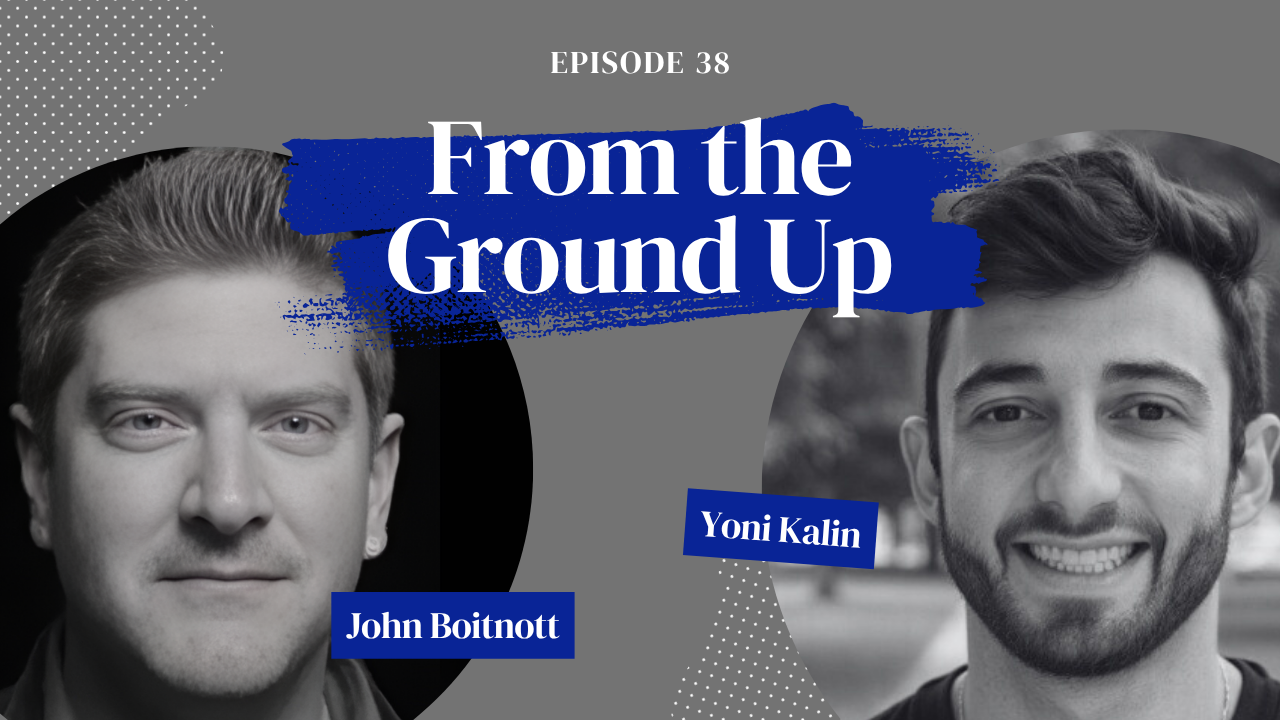Plant tissue culture has long been a quiet force behind agricultural research, lab-grown foods, and breakthroughs in cell science. But under the leadership of Yoni Kalin, Chief Executive Officer of Plant Cell Technology, the field is rapidly shifting from a specialized lab technique to a global ecosystem of tools, education, and innovation. Kalin has positioned the company at the center of this transformation, developing a scalable foundation for how plant and animal cells will be grown, studied, multiplied, and commercialized over the next decade.
Kalin’s entry into the industry came during a turning point: the wave of interest triggered by the 2018 hemp bill, a moment that drew growers and researchers toward modern tissue-culture methods. The company’s earliest reputation centered around a single flagship product, a preservative that protects nutrient-rich media used to culture plant cells. But the deeper Kalin immersed himself in the science and the needs of growers, the more he saw an opportunity to build something far larger than a product line. What began as a niche supplier is now expanding into a full-scale biotechnology platform serving hobbyists, nurseries, research labs, and emerging food-tech companies alike.
The turning point came in 2025. A longtime industry distributor, complete with a fully equipped 16,000-square-foot Utah manufacturing facility, shut its doors. The closure created a rare moment of opportunity: a building with QC labs, liquid labs, fulfillment capacity, and an experienced technical team, all the capabilities Plant Cell Technology lacked at scale. Kalin moved quickly to acquire the assets, hire the staff, and integrate the operation. In a matter of months, the company’s catalog expanded from a few dozen SKUs to more than 500, with a roadmap to reach 1,000 or more.
The expansion wasn’t simply operational. It marked the beginning of a vertically integrated model designed to serve every level of the tissue-culture pipeline. Plant Cell Technology began manufacturing specialized media for berries, orchids, ornamentals, and general horticulture, while also supplying components for mammalian cell culture, an area increasingly relevant for regenerative medicine, disease research, and lab-grown meat. The company’s ability to produce high-quality media domestically has become a differentiator at a time when global supply chains remain fragile.
Education has become a force multiplying its impact. In a field where traditional STEM programs can cost hundreds of thousands of dollars and remain inaccessible to many, Kalin has built a parallel track rooted in hands-on learning. Plant Cell Technology now hosts in-person master classes, online workshops, livestreamed training sessions, and a massive library of free content. More than 800 educational videos teach everything from aseptic technique and media preparation to experiment design and lab optimization.
This approach reframes biotechnology as a teachable trade skill rather than an exclusive academic domain. Students come from nurseries looking to scale production, small growers hoping to lower research costs, entrepreneurs launching new plant-distribution ventures, and hobbyists who want to multiply rare houseplants. The company’s content and master classes have grown into one of the largest community pipelines in the tissue-culture space, shaping a new generation of growers and technicians.
The company’s visibility has accelerated through social media. Instead of relying on technical papers alone, Plant Cell Technology posts time-lapse experiments, behind-the-scenes footage, workflow tutorials, and transparent looks inside its Utah facility. This combination of precision and accessibility has made the brand one of the most recognizable in plant biotech, particularly among younger audiences who prefer visual learning.
Looking ahead, Kalin is designing infrastructure for the next era of cell science. Plant Cell Technology is developing automated bioreactor systems and tools that reduce labor, increase production, and transform what a tissue-culture lab looks like. Long-term, the company aims to create localized manufacturing hubs around the world, supporting food security, preserving endangered species, and enabling climate-resilient agriculture. The same technology underpins future breakthroughs in organ generation, regenerative medicine, disease modeling, and ethical alternatives to animal testing.
In Kalin’s vision, tissue culture is not just a laboratory technique. It’s a cornerstone for how humanity will feed itself, heal itself, and protect biodiversity in the decades ahead. Plant Cell Technology is still in its early innings, but the groundwork being built now is designed to power a global shift in how living cells are grown and scaled. As the company expands its manufacturing footprint, educational ecosystem, and research capabilities, it is shaping a future where biotechnology is more accessible, more automated, and more essential than ever.
Want more From the Ground Up? Check out more articles or head over to YouTube, Apple, or Spotify to watch the videos.


